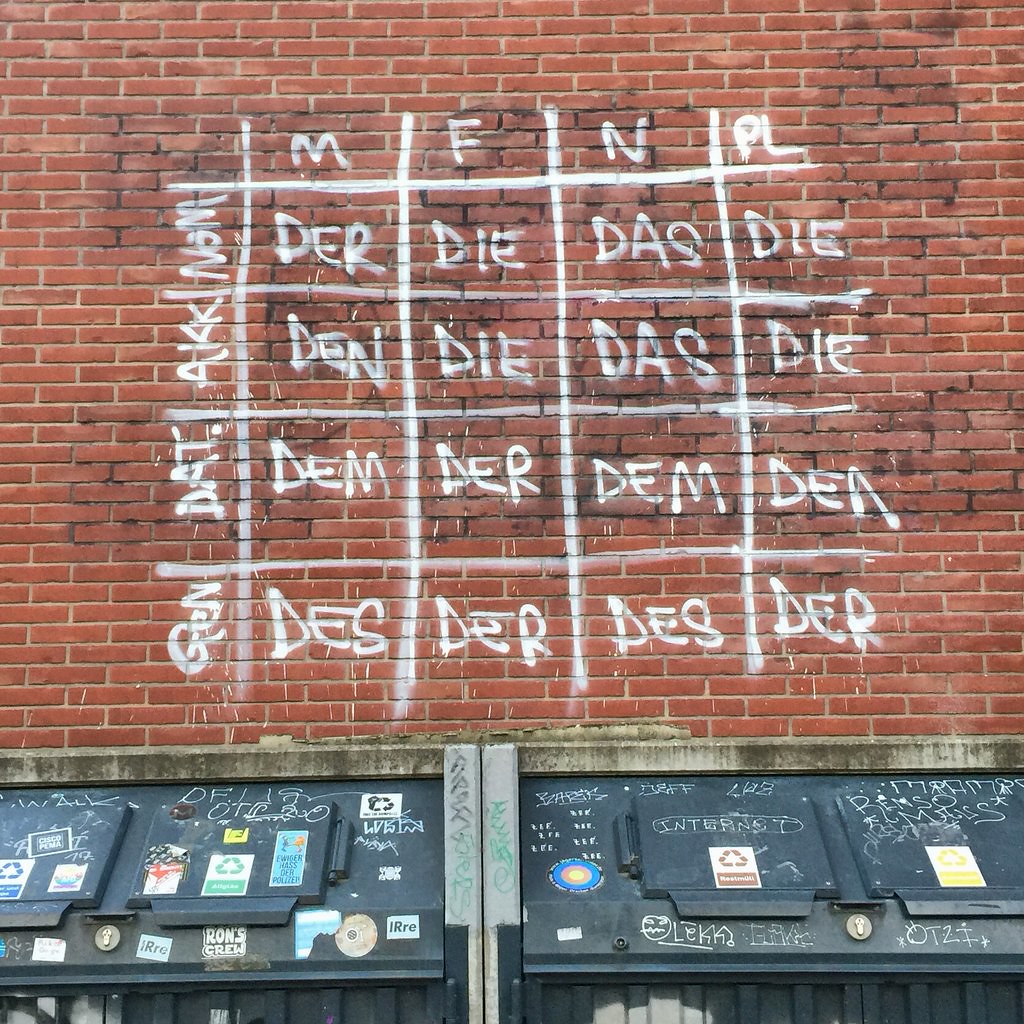America has no official language. You can look it up to verify me; the United States’ national language isn’t English. The languages used here range from French and Spanish to even Finnish up here in the U.P.! It’s a given most Americans learned a second language, and some remember enough high school Spanish to navigate a Mexican city. While I haven’t learned Spanish, I’ve been extensively learning German throughout high school and university. I expect to continue working on the process of learning German the rest of my life, since any learning language takes a lifetime due to the complexity and changes.
There are multiple complex ways of using a language. Most languages can be boiled down to four basic methods of communicating: reading, writing, listening, and speaking. However, writing and speaking wildly changes based on region, culture, and time period. In Hochdeutsch (high German), there’s no slang terms or conjunctions. A Berlin dialect of German, however, uses plenty of conjunctions and phrasing like woll’n instead of wollen. There’s also the difference between Samstag and Sonnabend. Both refer to Saturday, but the former is primarily used in southern Germany and the latter is popular in northern Germany. English has tons of nuances like this, even in America itself (using pop vs. soda, for example).
Another thing to consider is that language learning is continuous. Sure, you can memorize your basic verbs and nouns, but there could be a regional tweak to the dialect worth learning about. Looking at English alone, there’s multiple variations throughout the country, let alone the world. New words are constantly introduced, along with revisions to old language rules. For example, they/them used to refer to only multiple people or objects. Now, it’s been expanded to include the unidentified and people outside the traditional gender models.
Now, you might question how I chose German in the first place. Why not another “easier” language like Spanish or Portuguese? For me, it’s about my heritage and how the language sounds. My father’s family is from Denmark, which shares a southern border with Germany. Danish culture has differences, but it’s still Germanic in its roots. Learning German is close to experiencing that aspect of my heritage in a more widespread language than Danish. Additionally, Danish is much more guttural than German, and it’s compared to “choking on a potato” when speaking it. Thus, German sounds more appealing and more used widely, making it an ideal language for me to tap into.
Language is one of those concepts of life that’s necessary, yet pointless with its structure. At times, English itself seems like an alien language with how much of it changes and how archaic the grammar seems. Yet it’s still important and fun to use. Since I’m not close to being fluent in German, English is my best bet for communicating (unless hand gestures outside of American Sign language count). For me, languages are incredible and worth learning, even if they seem ridiculous at times.


